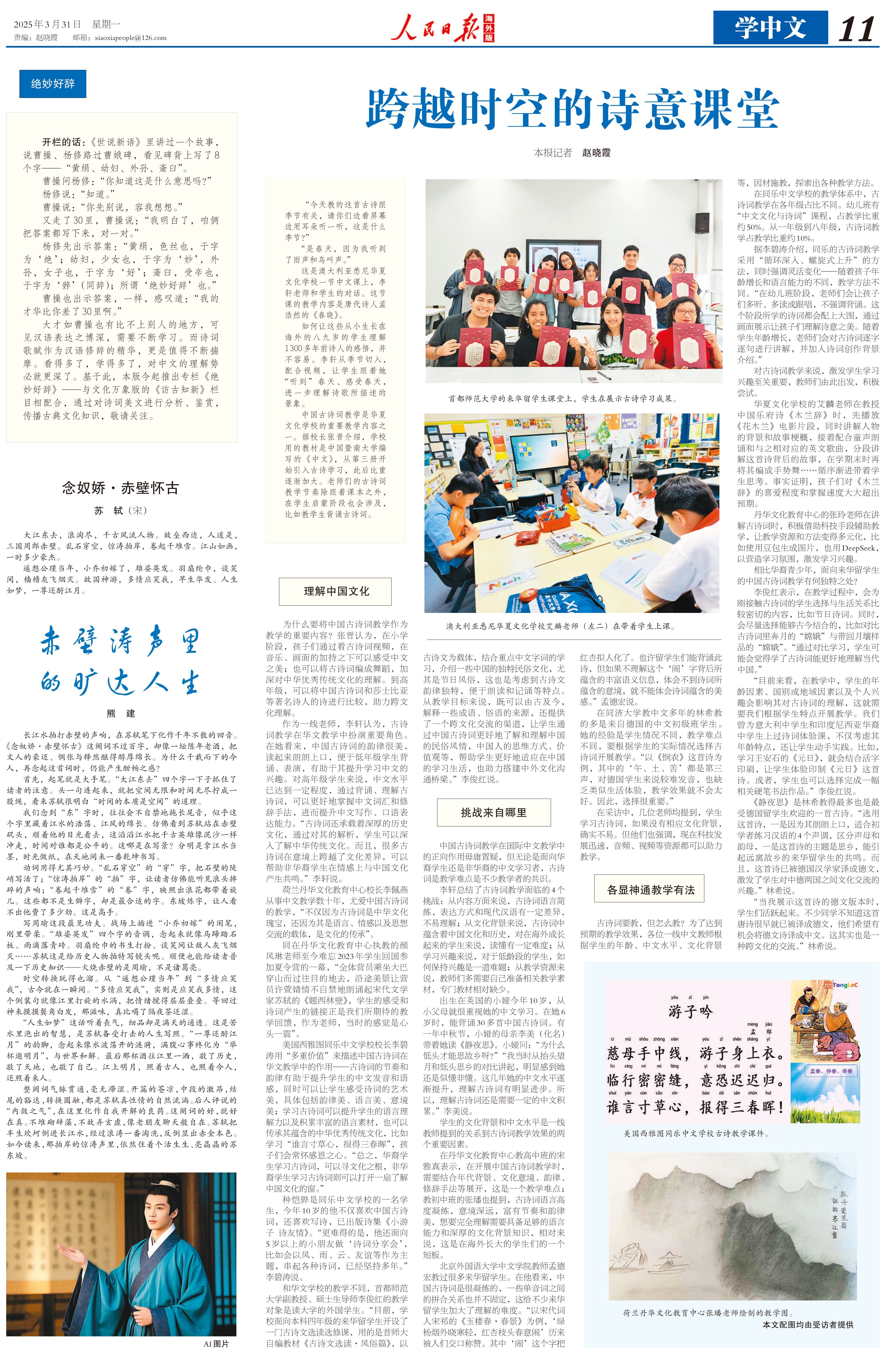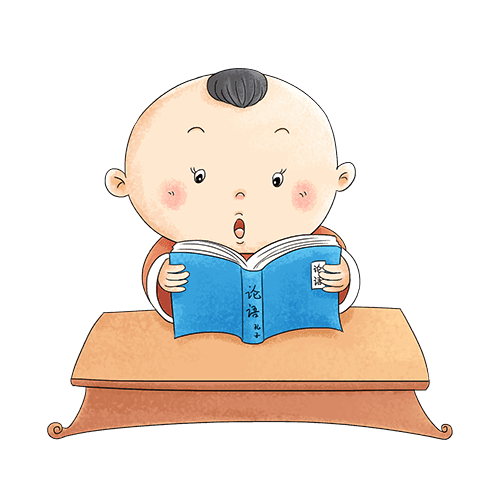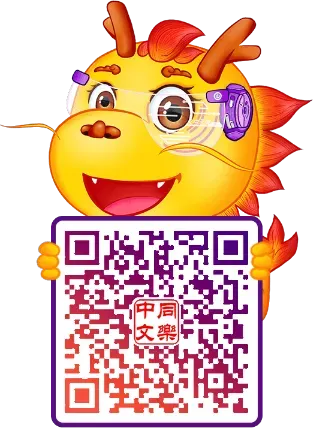Meet the Treasure Teacher | From Corporate Executive to Guiding Children’s Chinese Journey with a “Flashlight”

What makes a Former regional manager of a high-tech company—and also a mother of two—choose to devote herself to Chinese education? In this episode of Tong Le’s Meet the Treasure Teacher series, we speak with Yixin, a former Waldorf school teacher and now a Tong Le Chinese teacher. She shares how love and conviction light up children’s passion for learning Chinese.
From MBA Executive to Full-Time Teacher: Why Chinese Education?
Ms. Yixin was once a senior executive in a high-tech company, holding an MBA degree, but her deep passion for education never faded. After becoming a mother of two, she came to understand even more deeply the importance of accompanying children through their growth.
“I used to manage life with high beams, but now I want to use a flashlight,” she said, describing her life transformation. Her elder daughter is in tenth grade, her younger son is seven, and he has been studying Chinese with Tong Le since age four. Seeing Tong Le students read Jin Yong’s martial arts novels left her amazed and inspired a simple wish—to let her own children experience the joy of reading.
After getting to know Tong Le more deeply, she realized that here “there is structure, practice, and results.” This perfectly matched her long-held vision of education. The steadiness and dedication of Tong Le’s founder, Ms. Bitao, also gave her great trust.
Listening with Love: Touching Children through Culture
Ms. Yixin believes that to be an excellent Chinese teacher, one must first understand children. She emphasized: “Children’s sensitivity will surprise and impress you. So, to be a good teacher, you must listen to your child.”
She believes that education cannot rely only on knowledge—it must also be built on emotional connection. A good Chinese teacher must genuinely identify with and love Chinese culture, because only a teacher’s heartfelt passion can truly inspire and guide children.
In her classroom, Chinese is no longer a dull game of characters. She plans to start with stories children love. For example, by using the fable The Kitten Goes Fishing to teach the meanings of “wholehearted” (一心一意) and “distracted” (三心二意), she integrates life lessons into language learning.
In her First Lesson of the School Year, she plans to introduce ancient Chinese inventions, helping children see that China is a “great, ancient civilization with profound culture.” In this way, she hopes to spark both interest and pride in learning Chinese.
“What Is National Is Universal” — The Ultimate Goal of Education Is Identity
As a Chinese mother living overseas for many years, Ms. Yixin firmly believes in the saying, “What is national is universal.” For her, teaching Chinese is not just about mastering a language; it is about building identity, giving children an inner anchor in a multicultural world.
At home, she often paints Chinese ink paintings and practices calligraphy with her children. She believes that what you love, your children will more easily embrace. Only when we ourselves genuinely appreciate and recognize our own culture can children truly integrate it and feel proud of it.
For Ms. Yixin, the ultimate goal of teaching Chinese is to help children fall in love with the language, fall in love with the culture, and carry this cultural confidence as they step into the wider world.




